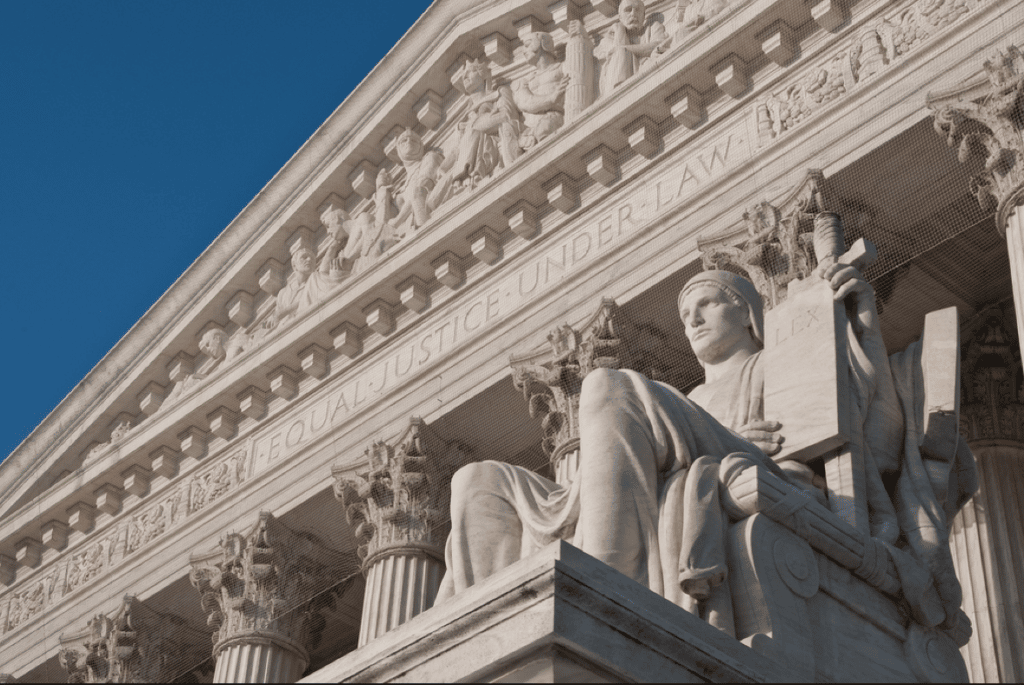On March 21, the Senate Judiciary commenced confirmation hearings for Judge Ketanji Jackson Brown, President Biden’s nomination to the U.S. Supreme Court. As the hearings continue on March 22, senators will ask Judge Jackson a variety of questions concerning her stance on a wide range of issues. Whistleblower advocates are demanding that questions be asked concerning her stance on whistleblowing.
“The Supreme Court plays a critical role in interpreting the rights of whistleblowers,” says leading whistleblower attorney Stephen M. Kohn of Kohn, Kohn & Colapinto. “Judge Jackson needs to be questioned concerning her opinion on whistleblowers and the need to ensure that the laws protecting these courageous persons are rigorously enforced.”
Judge Jackson currently serves as a federal judge on the United States Court of Appeals for the District of Columbia Circuit. She previously served for more than seven years as a district judge on the U.S. District Court for the District of Columbia. During her tenure in those positions, she did rule directly on major whistleblower issues. According to whistleblower advocates, this increases the need for specific questions on the issues.
In its analysis of Judge Jackson’s decisions and opinions, the National Whistleblower Center (NWC) highlights a recent ruling in the favor of the labor union AFL-CIO against the Federal Labor Relations Authority. The ruling struck down regulations restricting union protections for government workers. According to NWC “[e]mployment disputes are often closely linked with whistleblower issues, and Judge Jackson’s position in that case offers hope as to how she might treat future whistleblower issues that come before the Supreme Court.”
NWC also highlights a 2014 opinion issued by Judge Jackson on an Act to Prevent Pollution from Ships (APPS) case. Judge Jackson ruled that had the power to limit movement of the ships during a whistleblower prompted investigation, and the power to enforce anti-pollution laws after the whistleblower’s claims were proven.
“Disagreements between different circuit courts on the interpretation of whistleblower laws make Supreme Court decisions important in shaping the body of law governing whistleblower claims,” explained NWC. “Based on her history of ruling in favor of unions and the government’s ability to enforce laws that include whistleblower provisions, we anticipate that — if confirmed — Judge Jackson will decide these important cases in favor of whistleblowers.”
Read:
Advocates Demand Questions on Judge Jackson’s Stance on Whistleblower Issues
